Current Studies
Adult Studies
Adult Studies
I Spy With My Little Eye
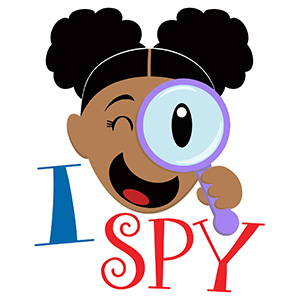
Method: In-person lab-based study
Who: Adults who live in the U.S. and speak English.
What: In this 30 minute study, participants will play a short game. You will be asked to search and find objects embedded in scenes.
What do you remember?
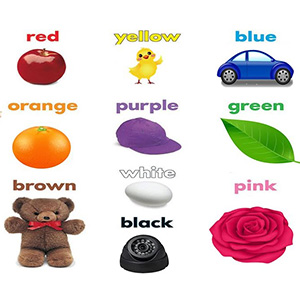
Method: In-person lab-based study
Who: Adults who live in the U.S. and speak English.
What: In this 2-day study, we investigate adults’ memory of objects over time. Adult participants will be presented with objects and asked to remember the color of each object. They will return to complete the same memory tasks three days later. On average, the duration of each session is about 10-15 mins. Your participation in this study will help us understand the differences in children’s and adults’ memory for object features in long-term memory.
What makes you emotional?
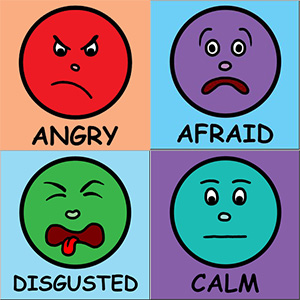
Method: In-person lab-based study
Who: Adults who live in the U.S. and speak English.
What: In this 30 minute study, we investigate adults’ long term memory of threat-relevant stimuli contrasted with other kinds of negative stimuli. Participants will view images across several categories, such as those that might elicit disgust or annoyance reactions.
Child Studies
Child Studies
Children's Storybook Study
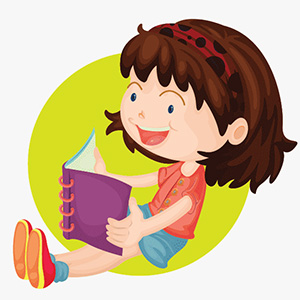
Method: Online via Zoom
Who: Children ages 5 to 8 years who live in the U.S. and speak English.
What: In a 30-35-minute study, we are interested in how 5-to-8 years remember the details from storybooks with either expected or unexpected endings. Children will play 3 memory games with a researcher over Zoom—a counting game, a picture game, and a storybook game. In the counting game, children will hear and recite a series of numbers (e.g., 123). In the picture game, children will see and label pictures of a sun and moon as either “night” or “day”.Finally, in the storybook game, children will view 6 picture ebook stories about different cartoon characters with different endings. Then they will answer some questions about each story. Compensation for this study is $5.
Causal Experience and Object Memory
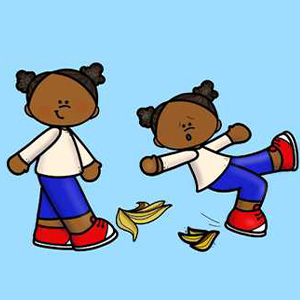
Method: In-person lab study
Who: Children ages 4 to 6 years and their parents who live in the U.S. and speak English.
What: In this 25-minute study, we are interested in whether 4- to 6-year-olds use certain aspects of a causal experience (e.g., important object features) to inform their memory of novel objects. First, children will watch 2-short videos depicting how to turn-on 2 toy boxes. Then they will be presented with a new toy box and asked to remember/rebuild it. Compensation for this study will be a gift (e.g., a coloring book and crayons).
Children’s thinking about and learning from media

In collaboration with the Cognitive Developmental Science (CoDes) Lab at Virginia Tech (PI: Koeun Choi).
Method: Online via Zoom
Who: Children ages 4 to 6 years and their parents who live in the U.S. and speak English.
What: We are interested in how 4- to 6-year-olds think about media devices in this two-session study. In session 1, your child will play a short game with the experimenter over a video call where they will answer questions regarding how they think about five different media devices (TV, Laptop, Smartphone, Tablet, and Book) and answer a set of age-appropriate science questions. Then, in session 2, about a day later, they will watch an educational video and answer questions. Each session should take about 25 minutes. In addition, parents will be asked to complete a 10-minute media belief survey.
Sign-up Link: https://calendly.com/cm1172/children-s-media-study